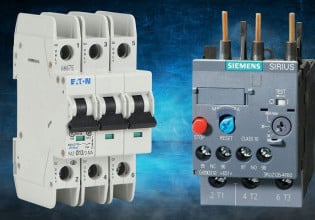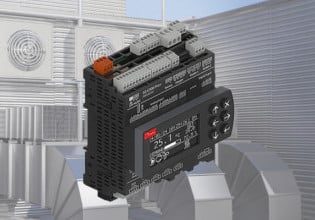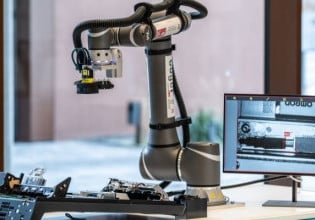M
We have in utility plant several Boilers. We want to install PLC (or PLCs) to manage the ESD and Burner Management System (BMS) for these Boilers. Please note that the current system is based on hardwired logic.
Does the NFPA standard restrict the design of ESD and BMS functions, in terms of having dedictaed PLC for individual Boiler?
Can we have a bigger PLC to manage all Boilers?
Please advise me on the best technical and economical solution to the above problem that will reflect good design practices. You can
also suggest a certain Brand of PLCs that can manage such functions.
Regards
Mufeed AL-Ghumgham
Email: [email protected]
Does the NFPA standard restrict the design of ESD and BMS functions, in terms of having dedictaed PLC for individual Boiler?
Can we have a bigger PLC to manage all Boilers?
Please advise me on the best technical and economical solution to the above problem that will reflect good design practices. You can
also suggest a certain Brand of PLCs that can manage such functions.
Regards
Mufeed AL-Ghumgham
Email: [email protected]






